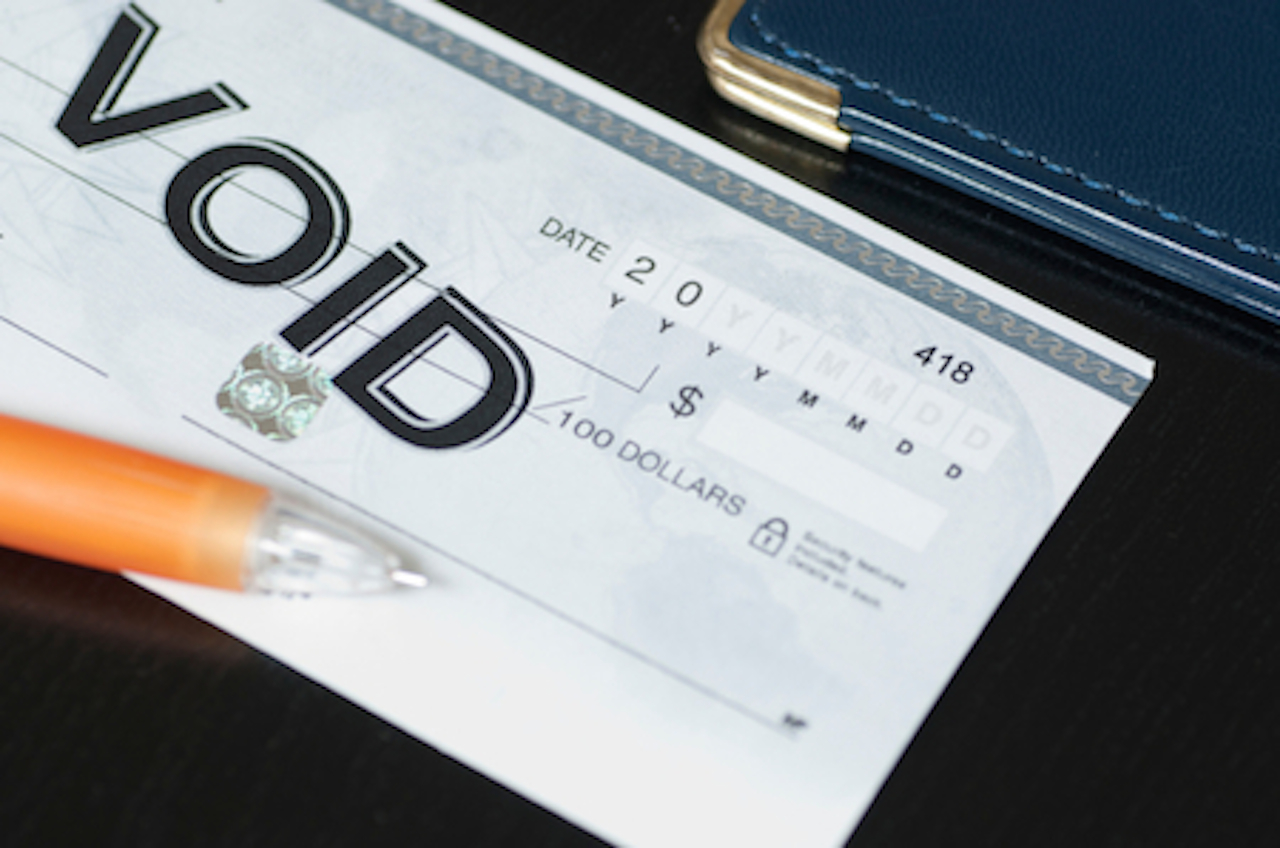drape
(noun, verb)
/dreɪp/
 LISTEN
LISTEN


In US English, drapes, most commonly in the plural form, are a type of curtain (in the UK, we only use “curtains” for this). It is also the way in which a piece of fabric or clothing hangs. As a verb, to drape means ‘to cover or adorn with cloth,’ ‘to adjust a piece of fabric into graceful folds,’ or ‘to let something hang or fall carelessly.’ In medicine, to drape means ‘to surround a part of the body that’s being examined or operated on with cloth.’
Example sentences
- It was dark outside and the drapes were drawn across the windows.
- I really like the drape of that jacket.
- The couch was draped with an ornamental throw.
- The dressmaker draped the skirt of the dress so that it fell perfectly.
- Lisa took off her coat and draped it over the back of a chair.
- The patient's arm was draped.
In pop culture
The related noun draper means someone who deals in cloth, but it is also the surname of one of the main characters in the TV show Mad Men. You can see a clip from the show, where ad man Don Draper is pitching for an advertising contract for Heinz Ketchup, here:
Additional information
In the dialect of North Eastern England, a drape is also a word for a sheep or cow that has been taken out of a herd in order to be fattened up for slaughter, especially a cow or ewe (female sheep) whose milk has dried up or who has failed to get pregnant.
Did you know?
Drapes or curtains? There are many different names for the cloth or other material we use to cover our windows. While in the UK, they are all commonly known as curtains, in the US, curtains are usually made from a light cloth or material and hung from a rod. They can be floor-length or just cover the window. Drapes, on the other hand, are always floor length, and are considered more formal or stylish. They are also made of heavier cloth, lined in the back, and pleated. When they are open, they usually still cover the top corners of the windows. Some people like having both, with lighter curtains between the window and the drapes.
Origin
Drape dates back to the late 14th century, as a verb that originally meant ‘to decorate with cloth hangings,’ and ‘to weave into cloth.’ It came into English from the Old French verb draper (to weave or make cloth), which was formed from the Old French noun drap (a piece of cloth, a sheet or a bandage). It can be traced back to the Late Latin noun drapus, which some linguists think is of Gaulish origin. It is related to the Old Irish drapih (mantle or garment). The meaning ‘to cover with drapery’ dates back to the mid-19th century, while ‘to cause to hand or stretch out loosely or carelessly’ is from the mid-20th century. The noun comes from the verb, and dates back to the mid-17th century.
Word of the Day is released Monday through Friday.



